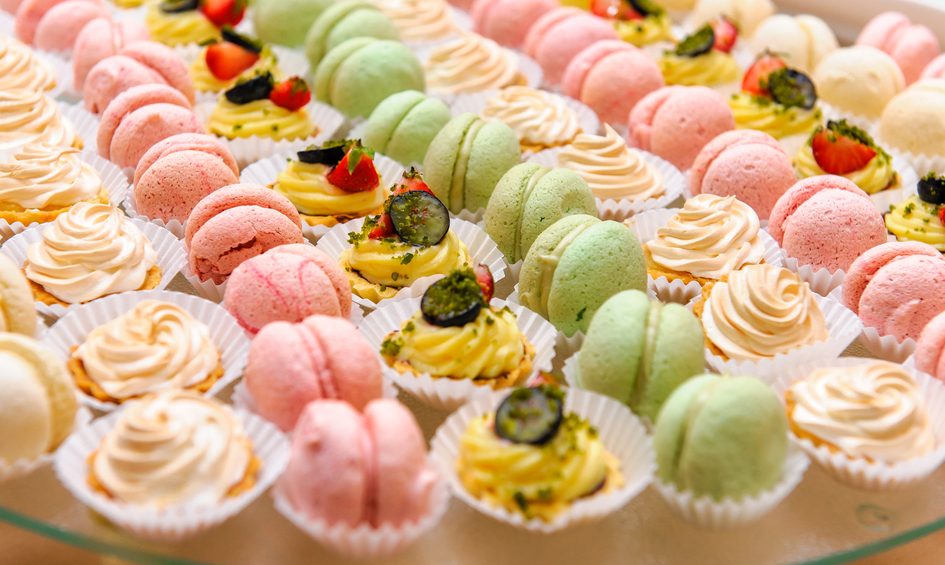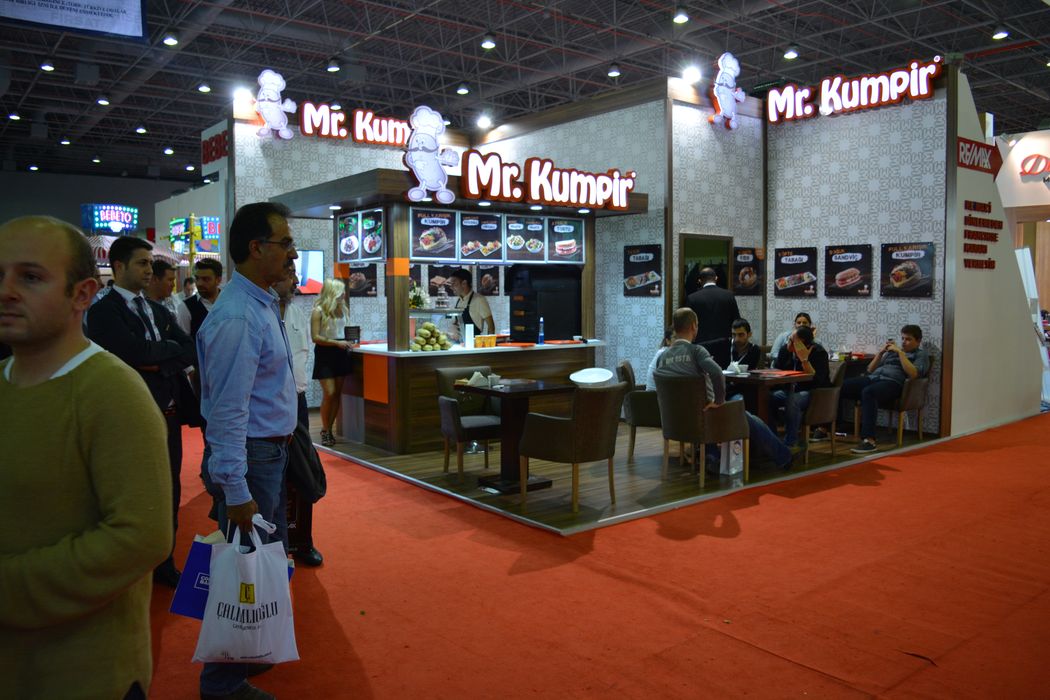For I assure you that mutton in Egypt is sold at eighteen ounces for a dirham nuqra, which equals in value six dirhams of the Maghrib, whereas in the Maghrib meat is sold, when prices are high, at eighteen ounces for two dirhams that is a third of a nuqra. As for melted butter, it is usually not to be found in Egypt at all.
The kinds of things that the Egyptians eat along with their bread would not even be looked at in the Maghrib. They consist for the most part of lentils and chickpeas, which they cook in enormous cauldrons, and on which they put oil of sesame; “basilla,” a kind of peas which they cook and eat with olive oil; gherkins, which they cook and mix with curdled milk; purslane [a salad herb], which they prepare in the same way; the buds of almond trees, which they cook and serve in curdled milk; and colocasia, which they cook.
All these things are easily come by in the Maghrib, but God has enabled its inhabitants to dispense with them, by reason of the abundance of fleshmeats, melted butter, fresh butter, honey, and other products. As for green vegetables, they are the rarest of things in Egypt, and most of their fruit has to be brought from Syria. Grapes, when they are cheap, are sold amongst them at a dirham nuqra for three of their pounds, their pound being twelve ounces.
Maghribi pounds
As for Syria, fruits are indeed plentiful there, but in the Maghrib they are cheaper. Grapes are sold there at the rate of one of their pounds for a dirham nuqra (their pound is three Maghribi pounds), and when their price is low, two pounds for a dirham nuqra. Pomegranates and quinces are sold at eight fals [copper pieces] apiece, which equals a dirham of our money.
As for vegetables the quantity sold for a dirham nuqra is less than that sold for a small dirham in our country. Meat is sold there at the rate of one Syrian pound for two and a half dirhams nuqra. If you consider all this, it will be clear to you that the lands of the Maghrib are the cheapest in cost of living, the most abundant in good things, and blest with the greatest share of material comforts and advantages.
Read More about Ibn Battuta part 45








